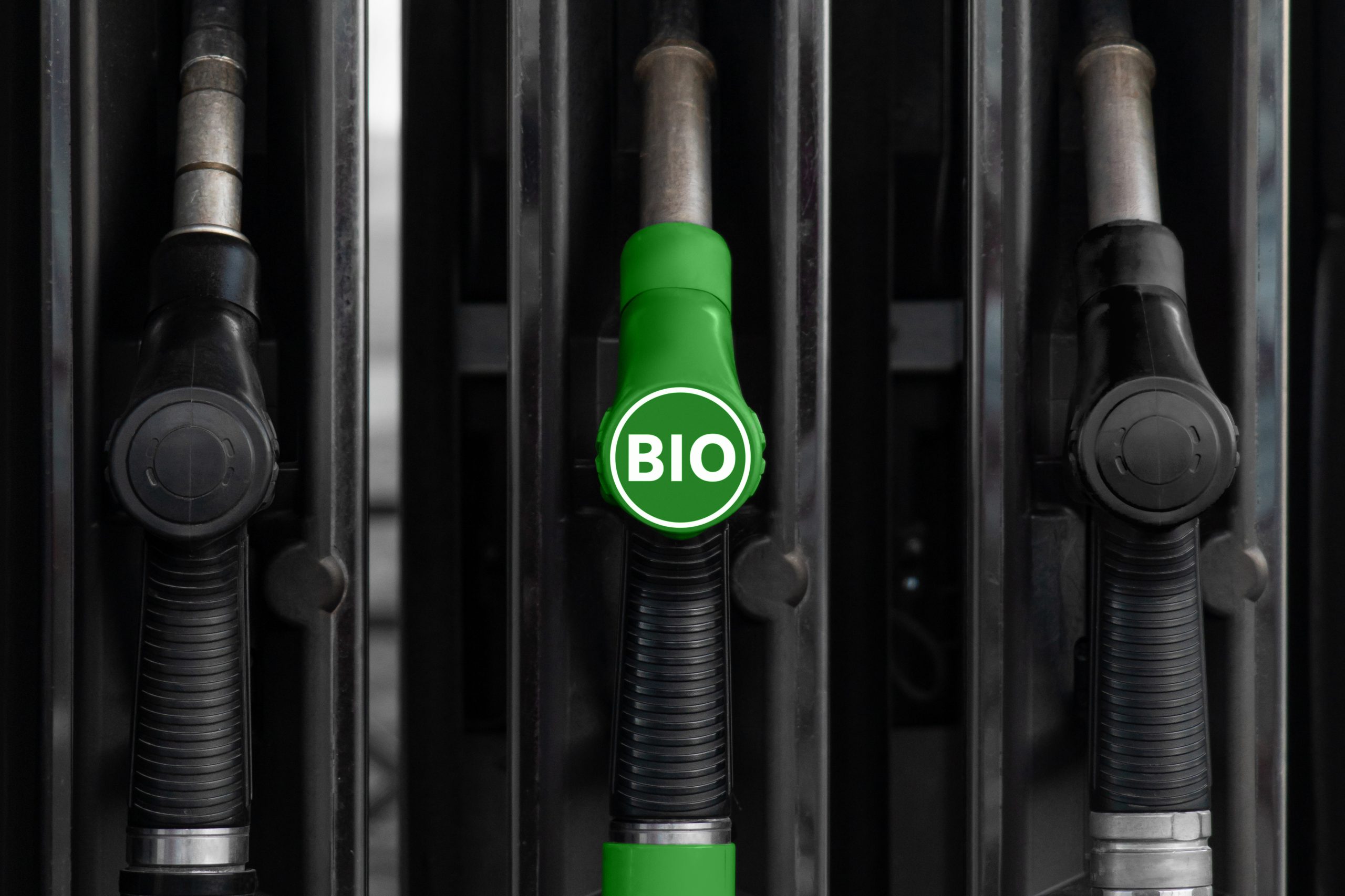We have all heard the two sides of the fanfare with the Green community as well as all of the new New York City (“NYC”) regulations that accompany the City’s Green initiative. Mayor Bill de Blasio’s signing into law INT-642A, which raises the minimum biodiesel component of NYC’s heating oil to 5% (B5), went into effect on October 1, 2017. Expanded use of biofuel in our home heating oil will reduce pollution, upgrade our air quality and improve our public health,” he noted, explaining that the increase from B2 to B5 Bioheat® fuel would have the environmental impact equivalent of removing 45,000 cars from the road. Thus, the B5 standard makes NYC a national leader in biofuel use for home heating.
But biodiesel is also cost-effective. We are seeing that its cost runs the same as conventional heating oil. The City’s biofuel comes predominantly from used cooking grease that has been recycled from our restaurants across the City, and from the waste products of soybean crops.
We want to remind everyone that New York State encourages the use of Bioheat® fuel and also offers a quite generous tax credit. Residents who use blends of B6 (6% biodiesel) or higher can claim a direct income tax credit of up to 20 cents for each gallon they buy- one cent for each percentage point of biodiesel in a gallon of their heating fuel.
Based on our conversations with fuel industry leaders, we understand that there is no price difference between B5 and B6 and the specifications and fuel quality in terms of performance and efficiency are pretty much the same.
APPLYING FOR THE NYS TAX CREDIT
To apply for the NYS Clean Heating Credit you will need your delivery receipt. Make sure your delivery receipt says the level of biofuel. As an example, should the delivery receipt indicate “B20 Biofuel”, you will receive a 20 cent-per-gallon tax credit from New York State. You will need to send your receipt along with a completed NY State Form IT-241.
Excerpt from the instructions for the New York State Tax Credit form:
Tax Law section 210-B.25 provides for a tax credit for the purchase of bioheating fuel used for space heating or hot water production for residential purposes within New York State. The credit is equal to one cent for each percent of biodiesel per gallon of bioheating fuel purchased before January 1, 2020. The amount of the credit may not exceed 20 cents per gallon.
Bioheating fuel purchased on or after January 1, 2017, must contain at least 6% biodiesel per gallon of bioheating fuel to qualify for the credit.
Bioheating fuel purchased on or after September 13, 2017, that is comprised of renewable hydrocarbon diesel blended with conventional home heating oil, may qualify for the credit.
The amount of credit allowed cannot reduce the tax due to less than the fixed dollar minimum tax under Article 9-A. Any amount not used in the current tax year may be refunded or credited as an overpayment to next year’s tax. No interest will be paid on the refund. The credit is not allowed against the metropolitan transportation business tax (MTA surcharge) under Article 9-A.
Attach documentation showing the date of the purchase, the amount, and the percent of biodiesel in the bioheating fuel purchased by you and claimed on this form. The credit must be claimed for the tax year in which the bio heating fuel is purchased, regardless of when the bioheating fuel is used.
Definitions
Bioheating fuel is a fuel comprised of biodiesel or renewable hydrocarbon diesel blended with conventional home heating oil, which meets the specifications of the American Society for Testing and Materials (ASTM) designation D396 or D975.Biodiesel is a fuel comprised exclusively of mono-alkyl esters of long chain fatty acids derived from vegetable oils or animal fats, designated B100, which meets the specifications of the ASTM designation D6751.
Renewable hydrocarbon diesel is a domestically-produced fuel derived from vegetable oils, animal fats, and other renewable feedstocks that meet the most recent specifications of the ASTM designation D975. Renewable hydrocarbon does not include any fuel from co-processed biomass with a feedstock that is not biomass.
Feedstock is soybean oil, oil from annual cover crops, algal oil, biogenic waste oils, fats or greases, or non-food grade corn oil, provided that the Commissioner of the New York State Department of Environmental Conservation (DEC) may, by rules and regulations, modify the definition of feedstock based on the vegetable oils, animal fats, or cellulosic biomass listed in the Code of Federal Regulations, Title 40, section 80.1426 (40 CFR 80.1426), table 1.
Heating oil is petroleum oil refined for the purpose of use as fuel for combustion in a space and/or water heating system that meets thespecifications of the ASTM designation D396 or other specifications as determined by the Commissioner of the New
York State DEC.Residential purposes mean any use of a structure, or part of a structure, as a place of abode maintained by or for a person, whether or not owned by such person, on other than a temporary or transient basis. This includes multi-family dwelling units such as multi-family homes, apartment buildings, condominiums, and cooperative apartments.
For purposes of the clean heating fuel credit, the structure must be located in New York State.
We must stress that while the City’s current mandated level is B5 or 5%, the minimum level for the NY State credit is B6 or 6%. The value of the refundable credit is $0.01/gallon for each percentage of biodiesel blended with convention home heating oil, up to 20 center per gallon.
Whether you are a business, individual, or non-profit, we can outline specific steps you should take to minimize taxes, maximize loan eligibility, and enhance the value of your property.
For more information, contact us at info@czarbeer.com or (212) 397-2970.

